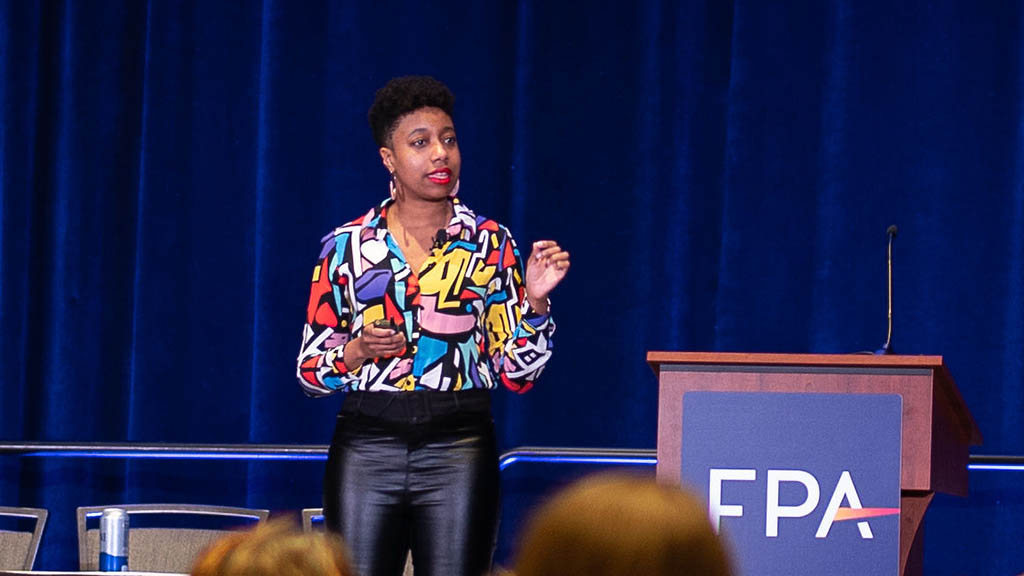August 8, 2023
Featured

Longtime leaders should make themselves accessible to incoming leaders, but make sure staff knows that new CEO is in charge.

CEOs and tech pros are testing generative artificial intelligence tools for productivity benefits while considering need for guardrails.
April 28, 2023

The leaders of ELFA, the International Sign Association and NAPEO provide insight into compensation and performance evaluation.
April 14, 2023

A published book can boost an executive's visibility, authority.
April 4, 2023

In uncertain times, strong investment approach is essential for nonprofits; volunteers should stay within bounds, avoid personal bias.

New Choir Certification analyzes financial industry events to determine if the roster of speakers is representative of the U.S. population.

Meeting and travel expenses are way up; leaders do what they can to retain staff
February 10, 2023

Being elevated temporarily is a great learning opportunity but balancing the board and staff is key
January 18, 2023

Association recruiters see no hiring slowdown; communications, advocacy, HR talent in high demand

